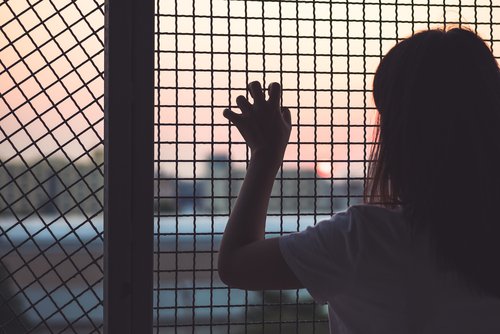Brussels (Brussels Morning) Twenty-four aid workers have gone on trial in Lesbos charged by the Greece authorities, among other things, for their roles in human trafficking in Greece in the period between 2016 and 2018.
The defendants face a wide range of charges, including human trafficking, spying, forgery and illegal use of radio frequencies, BBC reports.
Amnesty International (AI) described the charges as “farcical”. Other human rights organisations have criticised the trial as politically motivated.
The trial is taking place in Lesbos, the island that entered the spotlight during the migrant crisis.
Prosecutors accuse the aid workers of monitoring the Hellenic Coast Guard’s radio channels and using fake licence plates to access restricted parts of the island.
For this, they face prison sentences of up to five years, while those accused of human trafficking and other felonies face 25-year sentences. Of the 24 defendants, 17 are foreign nationals.
AI critical of the trial
AI’s Regional Director for Europe, Nils Muižnieks, said the aid workers “should never have come to trial.”
“This emblematic case demonstrates how far the Greek authorities will go to deter people from helping refugees and migrants”, he noted. “Stopping rescue operations doesn’t stop people from making dangerous journeys, it simply makes those journeys more perilous.”
The trial starts as the Greek government headed by Prime Minister Kyriakos Mitsotakis clamps down on human rights organisations, intent on limiting the number of illegal border crossings.
The government adopted stricter rules for international aid groups last year, which critics maintain now make it more difficult for aid organisations to operate in Greece.One of the defendants, Irish aid worker Sean Binder, in an interview with RTÉ, noted that he is accused of “crimes that I am supposed to have committed a year before I was ever on the island”, concluding that he can prove he did nothing wrong.




